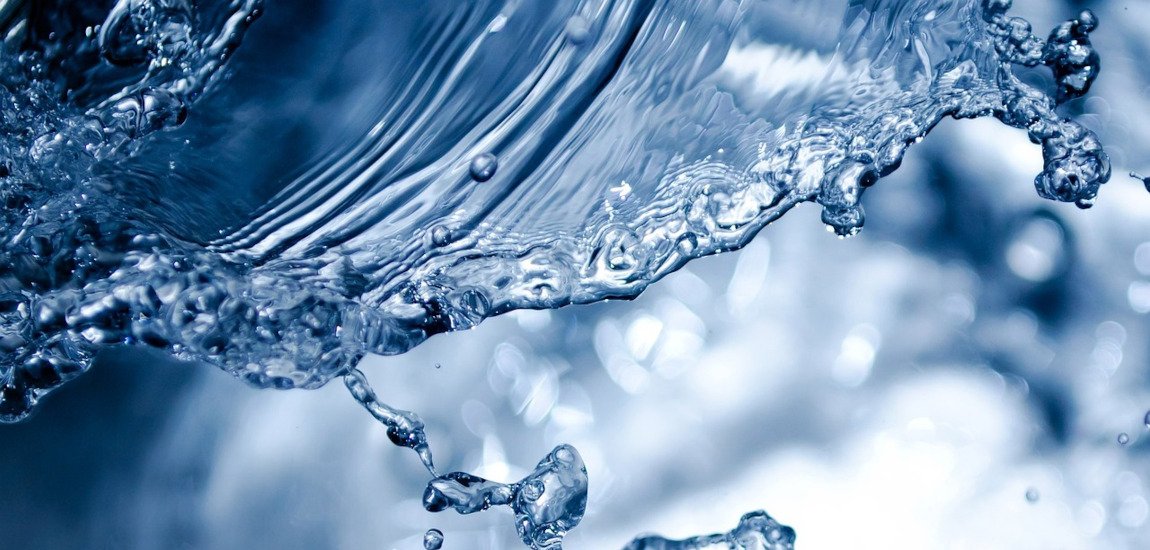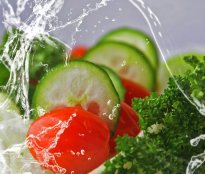

Water, often referred to as the elixir of life, is a fundamental component of our existence. It is essential for our survival and plays a vital role in maintaining good health. In this article, we will explore the significance of staying properly hydrated and the profound impact it has on our overall well-being. You'll discover why drinking enough water is crucial and how it influences various aspects of health.
The Importance of Hydration
Water is involved in almost every physiological process in our bodies, making it indispensable for maintaining optimal health. Here are some compelling reasons why staying well-hydrated is crucial:
- Cell Function: Water is the primary medium in which all cellular activities take place. It transports nutrients, removes waste, and enables chemical reactions within cells.
- Temperature Regulation: Sweating and the evaporation of sweat are the body's natural cooling mechanisms. Water is essential for maintaining our core body temperature.
- Digestion: Adequate hydration supports the production of saliva, a crucial component of the digestive process. It also aids in breaking down food in the stomach and intestines.
- Detoxification: Water helps eliminate waste and toxins through the kidneys, liver, and other elimination processes.
- Joint Lubrication: Proper hydration is essential for maintaining the lubrication and cushioning of joints. Dehydration can lead to joint pain and discomfort.
- Skin Health: Well-hydrated skin is plump, radiant, and less prone to dryness, irritation, and premature aging.
- Cognitive Function: Dehydration can impair concentration, memory, and cognitive performance. Even mild dehydration can affect mood and cognitive abilities.
- Heart Health: Staying hydrated supports healthy blood circulation, reducing the risk of blood clots and cardiovascular events.
How Much Water Do You Need?
The recommended daily water intake can vary depending on factors such as age, gender, activity level, climate, and overall health. However, a general guideline is to aim for about:
- 8-10 cups (64-80 ounces) of water per day for adults.
- More for individuals engaged in vigorous physical activity, in hot weather, or pregnant/breastfeeding women.
- It's important to listen to your body. Thirst is a reliable indicator of your body's need for water. If you're thirsty, it's time to drink some water.
Hydration and Health
Let's delve into how proper hydration influences various aspects of health:
- Weight Management: Drinking water before meals can promote a sense of fullness, potentially reducing calorie intake. Additionally, proper hydration supports metabolic processes, aiding in weight management.
- Digestive Health: Adequate water intake is essential for preventing constipation and promoting regular bowel movements. It softens stool and supports the proper functioning of the gastrointestinal system.
- Kidney Function: The kidneys play a vital role in filtering waste and toxins from the bloodstream. Maintaining proper hydration ensures that the kidneys can perform this crucial function effectively.
- Exercise Performance: Dehydration can significantly impact exercise performance. It leads to reduced endurance, muscle cramps, and heat-related illnesses. Staying hydrated is essential for athletes and fitness enthusiasts.
- Cognitive Function: Research has shown that even mild dehydration can impair cognitive function, attention, and memory. Staying hydrated is essential for maintaining mental clarity and focus.
- Skin Health: Dehydrated skin is more prone to dryness, irritation, and premature aging. Drinking enough water contributes to a healthy, radiant complexion.
- Immune System Support: Proper hydration helps maintain mucous membranes and supports the body's natural defense mechanisms against pathogens.
Tips for Staying Hydrated
Here are some practical tips to ensure you stay adequately hydrated:
- Carry a Water Bottle: Keep a reusable water bottle with you to make it easy to sip water throughout the day.
- Set Reminders: Use smartphone apps or set alarms to remind you to drink water at regular intervals.
- Infuse Your Water: Add slices of lemon, cucumber, or mint to your water to enhance its flavor and encourage more consumption.
- Monitor Your Urine: Your urine should be pale yellow. Dark yellow or amber-colored urine may indicate dehydration.
- Balance with Electrolytes: In hot weather or after intense exercise, consider drinks with electrolytes to help replenish lost minerals.
- Eat Hydrating Foods: Consume foods with high water content, such as watermelon, cucumber, and oranges.
Final Thoughts
Water is the foundation of life and the cornerstone of good health. Proper hydration is essential for nearly every bodily function and plays a vital role in maintaining overall well-being. By making a conscious effort to drink enough water, you can support your body's functions, enhance your health, and experience the countless benefits of staying properly hydrated. So, raise a glass to health and remember to drink up for a happier, healthier you!
 Ascorbine.Info
Ascorbine.Info Ascorbine.Info
Ascorbine.Info











